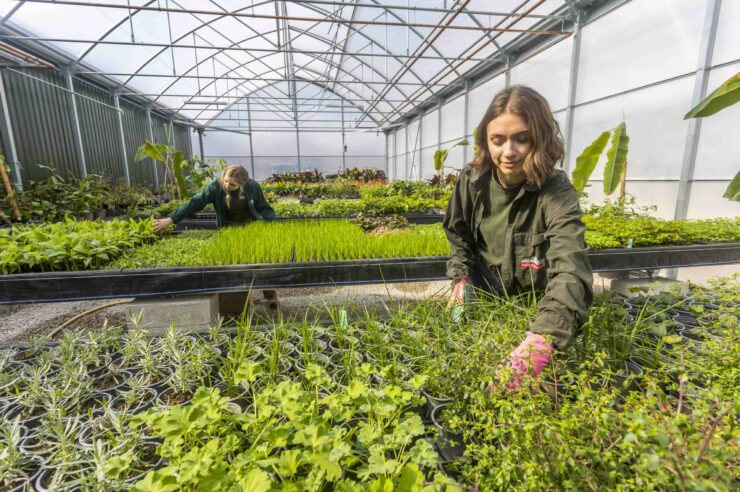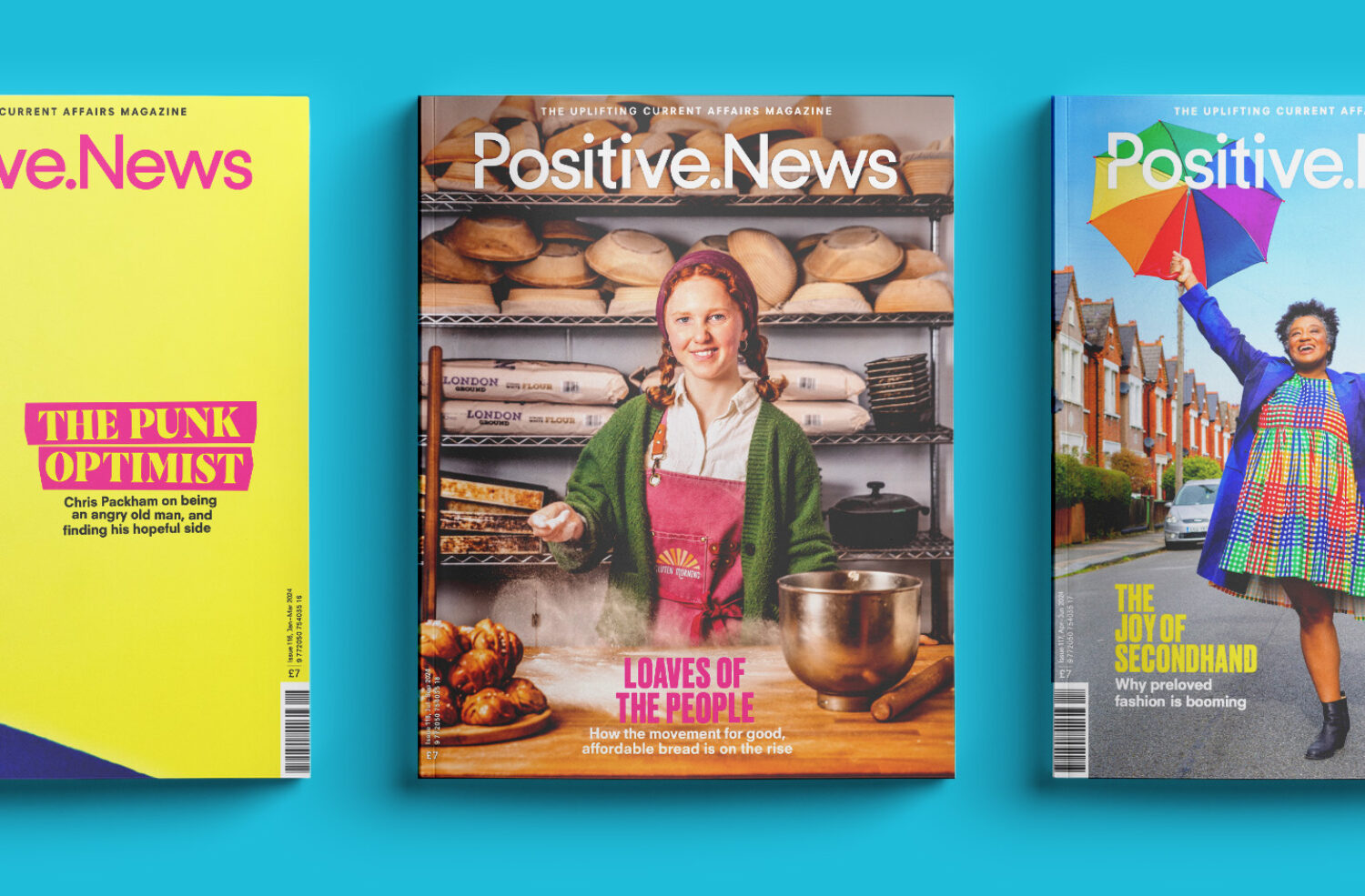Scotland’s rainforests got a boost, the ozone layer breathed easier, and AI was deployed to improve heart health, plus more good news
This week’s good news roundup
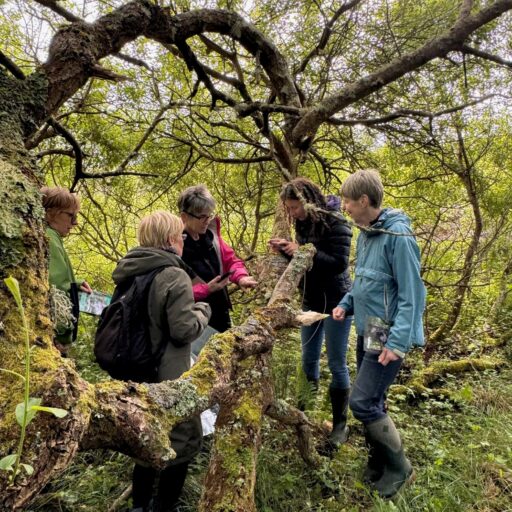
Plans to restore and expand Scotland’s last remaining rainforests got a boost this week, with the news that volunteers have collected 2.2m rare native seeds.
The haul is part of a three-year project to grow 1.5m native trees from seed. Many of the species included have unique genetics, and date back to the end of the last Ice Age. Those collected so far include aspen and juniper, from surviving fragments of ancient woodland, including on Skye, the Western Isles and Orkney, and west coast temperate rainforest.
“Seeds are the unassuming beginnings of life, offering us a symbol for hope and the future,” said Roz Birch, coordinator of the Tree Seed Collection Project. “This project is preserving genetically precious and rare species – in turn helping restore native ancient woodland and rainforest, and providing homes for wildlife.”
Image: Tree Seed Collection Project
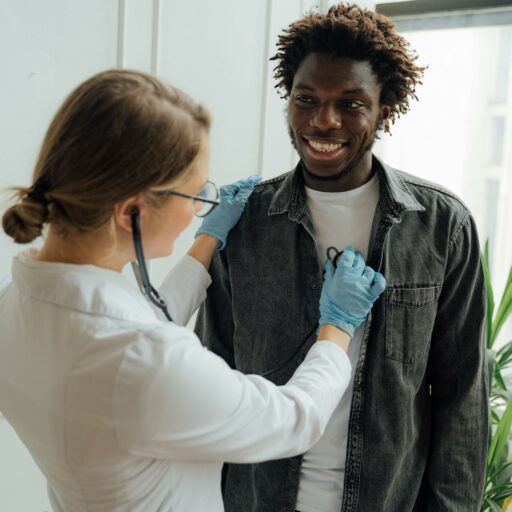
A new tool can predict who is at risk of developing heart failure by identifying tell-tale patterns in an individual’s GP records, a study has found.
Spotting people at high risk would enable them to begin treatments earlier, when heart failure symptoms can be managed more effectively.
Researchers hope the algorithm could be available to GPs in as few as three to five years.
“Harnessing the power of AI through research like this takes us a step closer to improving lives for many more people affected by heart failure,” said Prof Bryan Williams, chief scientific and medical officer at the British Heart Foundation.
Image: Antoni Shkraba

Another new AI tool – Rapid-RO – could help tens of thousands of people avoid unnecessary hospital stays each year in the UK, by rapidly ruling out heart attacks in people attending A&E.
Of the 33,727 patients it was tested on, the tool successfully ruled out heart attacks in 36%, compared to 27% for the current standard test.
Prof James Leiper, the British Heart Foundation’s associate medical director, said: “This technology could help people avoid unnecessary hospital stays, allowing valuable NHS [National Health Service] time and resource to be redirected to where it could have the greatest benefit.”
Image: Alexander Sinn
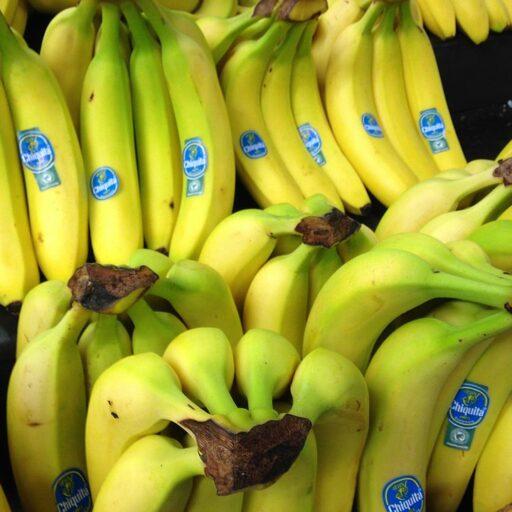
In a landmark ruling for human rights, a US court has found the banana giant Chiquita guilty of funding a Colombian paramilitary group responsible for murdering civilians.
On Monday, a Florida court ordered Chiquita Brands International to pay $38m (£29.8m) to the families of eight Colombian men murdered by the United Self-Defense Forces of Colombia (AUC), which was designated a terrorist organisation.
The ruling was the first time an American jury has held a major US corporation liable for complicity in serious human rights abuses in another country, a milestone for justice.
“This verdict sends a powerful message to corporations everywhere: profiting from human rights abuses will not go unpunished,” said Marco Simons, general counsel for the charity Earth Rights International. “These families, victimised by armed groups and corporations, asserted their power and prevailed in the judicial process.”
Chiquita admitted paying money to the AUC, but claimed it was being extorted, and that the payments were made to protect employees. The company said it will appeal the decision.
Image: Mark Buckawicki

Harmful gases that destroy the ozone layer have fallen faster than previously thought – a sign that regulation limiting their production has been successful.
That’s according to a study by the University of Bristol. It found that levels of ozone-depleting chemicals – used in the manufacture of aerosols, refrigerators, and packaging – peaked in 2021. Such chemicals are also harmful greenhouse gases, so a reduction should lessen global warming.
The Montreal Protocol of 1987 committed nations to phasing out chlorofluorocarbons (CFCs) after they were found to be creating a hole in the ozone layer. The ozone layer shields us from harmful ultraviolet radiation.
Hydrochlorofluorocarbons (HFFCs) were developed as a replacement for CFS but are also being phased out because they deplete the ozone layer, too.
“The results [of this study] are very encouraging,” said Dr Luke Western, lead author of the study. “They underscore the great importance of establishing and sticking to international protocols.”
Image: NASA
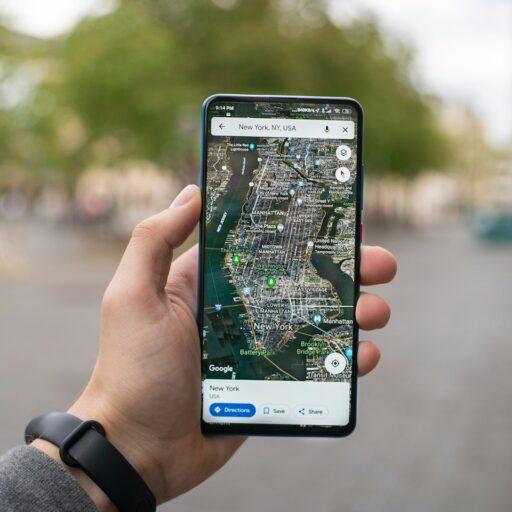
In a small win for privacy, Google has committed to permanently deleting historic location data for users of its Maps app.
Google has historically kept a log of where users have been on its servers. But from 1 December, it will delete this information. Location data will only be stored locally, on users’ devices.
The move is thought to be a response to so-called geofence warrants, which have been issued to Google by enforcement agencies to monitor people, even those not suspected of wrongdoing. Google has not confirmed this.
Supporters of geofence warrants claim they help solve criminal cases, but critics say they are a threat to liberty and turn innocent people into suspects.
Maps users will still be able to back up their location history, but it will no longer happen by default.
Image:
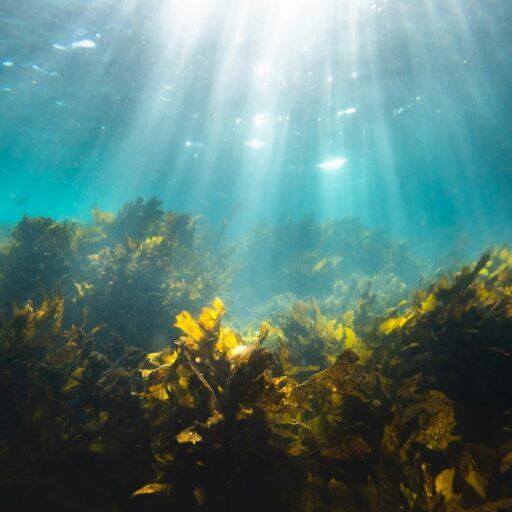
Industrial decline is an all-too familiar tale in Wales, but a new sector looks to have a bright future: seaweed faming.
A study out this week suggests that half of Wales’s marine environment is suitable for cultivating kelp, with the potential to build a £105m industry and create around 1,000 jobs.
The research was presented at an event in Cardiff that was attended by the Prince of Wales, who launched the Earthshot prize to find solutions to environmental challenges.
Farming seaweed, a so-called ‘superfood’, is considered a form of regenerative agriculture because it creates habitats for marine life and absorbs carbon. Many countries are looking to capitalise on its potential, including Wales.
“Seaweed is one of the most abundant resources on the planet, and it is a potential solution to some of the biggest environmental problems felt across the world,” said Prince William in a post on X.
Image: Silas Baisch

In what’s believed to be a world first, New Zealand Opera has introduced braille surtitles to enrich performances for blind people.
Using a programme called contexts.live, the technology delivers the opera’s surtitles directly to patrons’ braille-reading machines, providing a silent description of the performance. Audio descriptions are already available, but these can interfere with the music.
“It felt like I was really included,” blind opera-goer Paul Brown told Arts Access Aotearoa. “To read the surtitles in real time on my braille display was awesome.”
After a successful trial during the Auckland season of Rossini’s Le Comte Ory, the technology will now become a permanent option for New Zealand Opera’s performances.
Image: Maria Bayo

A test that could help tackle the growing scourge of antimicrobial resistance has won a prestigious science prize.
The PA-100 analyser takes 15 minutes to identify urinary tract infections (UTIs), compared with three days using traditional methods. It can identify the right antibiotics to treat such infections in 45 minutes.
Because of the current delay in diagnosing UTIs, which can become serious, doctors usually prescribe patients exhibiting symptoms with precautionary antibiotics.
However, the overprescribing of antibiotics is contributing to antimicrobial resistance, where drugs used to treat infections no longer work.
Antimicrobial resistance is a growing problem and is expected to cause 10m a year by 2050.
It’s estimated that a fifth of all antibiotics in the UK are prescribed for suspected UTIs. By providing rapid diagnosis, the PA-100 can prevent unnecessary prescriptions. The test was developed by Swedish researchers and has been awarded the £8m Longitude Prize for scientific innovation.
Image: Sysmex Astrego
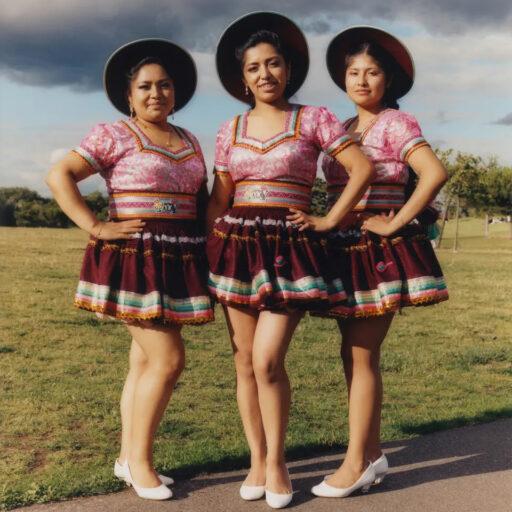
A competition that captures the resilience, beauty and diversity of humanity has revealed its shortlist.
Taken in conflict zones, on football pitches and in an Afghan skatepark, the shortlist for this year’s Portrait of Humanity “celebrates what unites us as individuals during times of division”.
Read more here.
Image: Alex Kurunis
Main image: Grant Willoughby
Get your weekly fix of good news delivered to your inbox every Saturday, by signing up to the Positive News email newsletter.
Be part of the solution
Positive News is helping more people than ever to get a balanced and uplifting view of the world. While doom and gloom dominates other news outlets, our solutions journalism exists to support your wellbeing and empower you to make a difference towards a better future.
But our reporting has a cost and, as an independent, not-for-profit media organisation, we rely on the financial backing of our readers. If you value what we do and can afford to, please get behind our team with a regular or one-off contribution.
Give once from just £1, or join 1,400+ others who contribute an average of £3 or more per month. You’ll be directly funding the production and sharing of our stories – helping our solutions journalism to benefit many more people.
Join our community today, and together, we’ll change the news for good.



